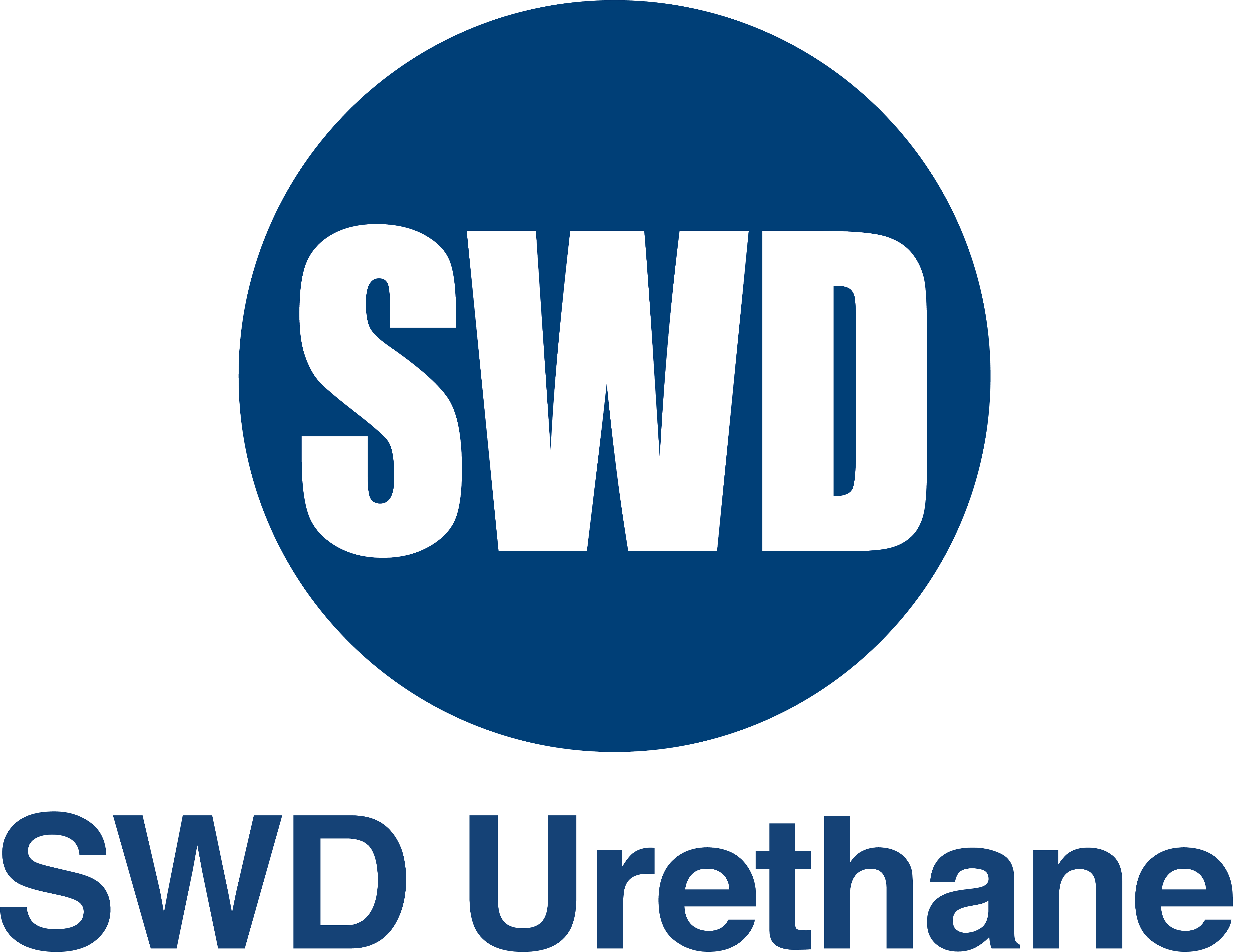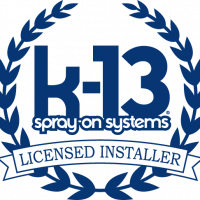If you’re in the process of buying a home, you’ve probably already found yourself immersed in a sea of questions and variables. How much square footage do you need? Are there good schools in the area? Do you go for a move-in-ready home or a fixer-upper? Unfortunately, what a lot of home buyers forget to take into consideration when choosing a home is the home’s insulation.
Energy costs, on average, make up about 25 percent of the monthly cost of running a home, and that includes your mortgage payment and homeowner’s insurance. If you purchase a home that is poorly insulated, you may find yourself spending upwards of $1,500 per year on heating and cooling. To help you save money up front and later down the road, here’s a home buyer’s guide to insulation from your local insulation service in Petaluma, CA.
What should you ask about the home’s insulation?
When looking at homes, here are a few questions you should ask to help give you an idea of how well the home is insulated:
- When was the home built?
- Has new insulation been installed since the home was built?
- What type of insulation is used in the home?
- Is it possible to review gas and electric bills for the home?
Once you get a clearer idea of what state the home’s insulation is in, you can better gauge the value of purchasing the home.
Does the home have fiberglass insulation?
Fiberglass insulation is most commonly found in older homes because it is an old technology. Fiberglass tends to settle and break down over the years, resulting in a decreased R-value (the capacity of an insulating material to resist heat flow). If the home has fiberglass insulation, the insulation will most likely need to be replaced. Even if the fiberglass insulation does not need to be replaced immediately upon purchasing the home, it’s important that you keep in mind that it will need to be replaced later down the road.
Does the home have cellulose insulation?
Cellulose is better than fiberglass and has a higher R-value up front, but like fiberglass it tends to settle and shift over time, which means it needs to be maintained. Another issue with cellulose is that, as a loose fill insulation, it tends to filter throughout the home through ductwork, fixtures and walls.
Does the home have spray foam insulation?
Spray foam insulation is the best option for home insulation. Spray foam has the highest R-value, and does not break down the way fiberglass and cellulose insulation does. Spray foam is also Class 1 fire rated, which means it won’t serve as a catalyst if there were a fire, and it doesn’t retain water that will promote mold and mildew growth.
If you are in the process of buying a home or recently bought a home and have questions about the quality of the insulation, talk to the experts at Ace Insulation Inc. As your local insulation service in Petaluma, CA, we’ll be happy to help answer any questions you may have.


